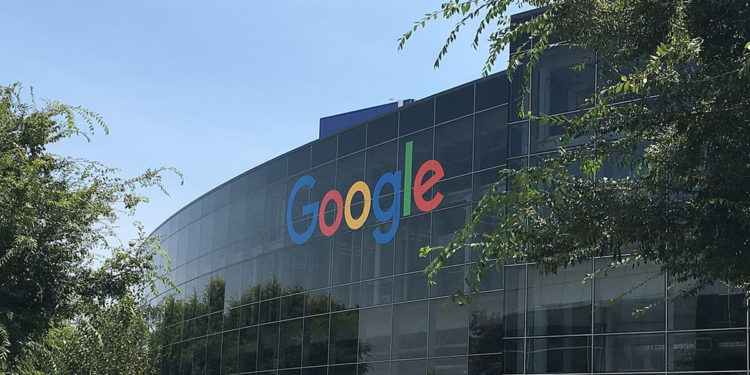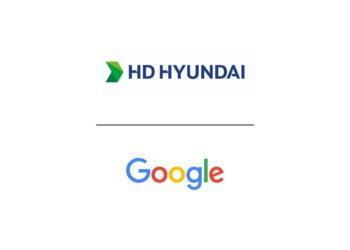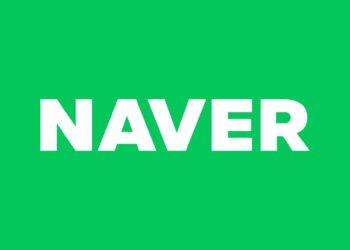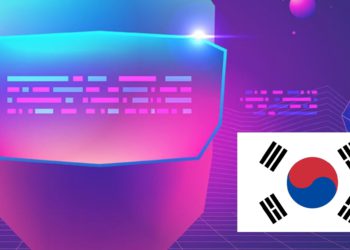The South Korean Ministry of Science and ICT stated that the worldwide blackout of Google services turned into an initial case subjected to Korea’s “Netflix law,” which enforces responsibility and accountability on content providers for their service failures.
The service blackout happened on Monday and lasted for 45 minutes from 8:47 p.m. Google services became unavailable globally, including Korea. The unavailable services consisted of YouTube, the Play Store app market, Map services, Gmail, and Google Cloud. The service came back at around 9:30 p.m., Korean time.
Google stated that it underwent an authentication system outage for about 45 minutes because of an internal storage quota issue. Users logging in to the services experienced high error rates during the server outage. The company also apologized and would thoroughly review the system to prevent the same problem from happening again.
The Ministry of Science and ICT required Google to submit documents explaining the hour-long service failure. The Ministry asked the IT firm to provide information regarding the accident in the Korean language. Google should also provide a contact number for unsatisfied customers.
According to the Ministry, the Telecommunications Business Act would review necessary measures after collating together the facts.
Last month, Google received criticisms after a two-hour anomaly hindered users from watching YouTube videos. However, the IT company only gave two short English explanations on the YouTube team’s official Twitter account.
The Netflix Law
Korea’s Telecommunications Business Act Reforms became effective on December 10. The reform, named Netflix Law, added a new set of rules governing content and service providers. The Netflix Law imposes responsibility for service failures and stipulates the regulator’s right to ask for an explanation and solutions.
Additionally, regulators could request the necessary documents to validate if the content providers fulfilled their duty to maintain a stable connection.
The law applies to big content providers that draw more than 1 million users and 1 percent of Korea’s internet traffic.
Youtube ranked second behind the KakaoTalk app as the most frequently used mobile apps, according to WiseApp Google.
Unfortunately, Google users or advertising customers would not receive compensation for the last blunder.
The present Telecommunications Business Act requires content providers to pay damage claims from users for a four-hour service disruption.
Check out other must-read articles from KoreaTechToday:







